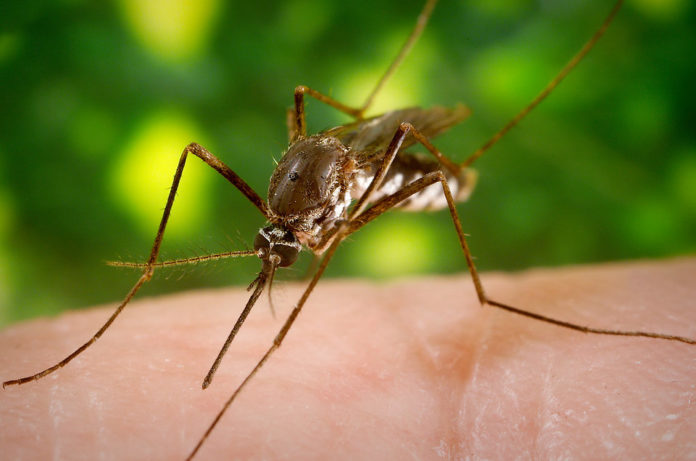Study shows that political and socioeconomic crisis in Venezuela has caused an explosive increase in malaria cases
Venezuela’s socioeconomic and political crisis has caused a huge upsurge in malaria cases. This has undone years of progress in battling the disease and endangering neighbouring countries.
A study, by Dr Adriana Tami (University Medical Center Groningen, Netherlands and University of Carabobo, Valencia, Venezuela) and Professor María Eugenia Grillet (Central University of Venezuela, Caracas, Venezuela) – together with an international network of scientists – says that final estimates for 2018 could show more than 1 million cases of malaria in Venezuela alone.
The data is being presented at this year’s European Congress of Clinical Microbiology & Infectious Diseases (ECCMID) in Amsterdam, Netherlands.
Over the last two decades, Venezuela has transitioned into a deep socioeconomic and political crisis. Once recognised as a regional leader for public health and vector control policies and programming, Venezuela’s healthcare has fallen into a state of collapse, creating a severe and ongoing humanitarian crisis.
The data show that between 2000-2015 Venezuela witnessed a 4.6 fold increase in malaria cases (from 29,736 cases in 2000 to 136,402 in 2015), followed by a 71% increase in 2017 (411 586 cases)
Economic and political mismanagement have precipitated hyperinflation rates above 1 million per cent, impoverishment of its people and long-term shortages of essential medicines and medical supplies.
In this new study, Venezuelan scientists and clinicians, and a global network of health scientists assessed the impact of Venezuela’s healthcare crisis on malaria and other vector-borne diseases. They also looked at the spillover to neighbouring countries.
The researchers draw on new Venezuelan public health records, the health records of bordering states (Brazil, Colombia). The data show that between 2000-2015 Venezuela witnessed a 4.6 fold increase in malaria cases (from 29,736 cases in 2000 to 136,402 in 2015), followed by a 71% increase in 2017 (411 586 cases) compared with 2016 (240 613). These figures were reported earlier this year in The Lancet Infectious Diseases.
By 2017, malaria cases in Venezuela represented more than half of cases in the entire WHO region of the Americas: these updated numbers (from the latest World Malaria Report in 2018), show the proportion from Venezuela to be 53% (519,209/975,700). This is an increase of more than 20 times since the year 2000, when Venezuela accounted for only 2.5% (29,736/1,181,095) of the cases in the continent.
The most recent estimates come from the Alianza Venezolana por la Salud/ Red Defendamos la Epidemiologia Nacional: a group of recognised clinicians and epidemiologists, including 4 ex-Ministers of Health. These estimates, covering January to June 2018, show 600,000 new cases of malaria in Venezuela alone in just these six months, and latest estimates (as yet non-final) suggest the country will report over 1 million new cases of malaria for the whole of 2018.


